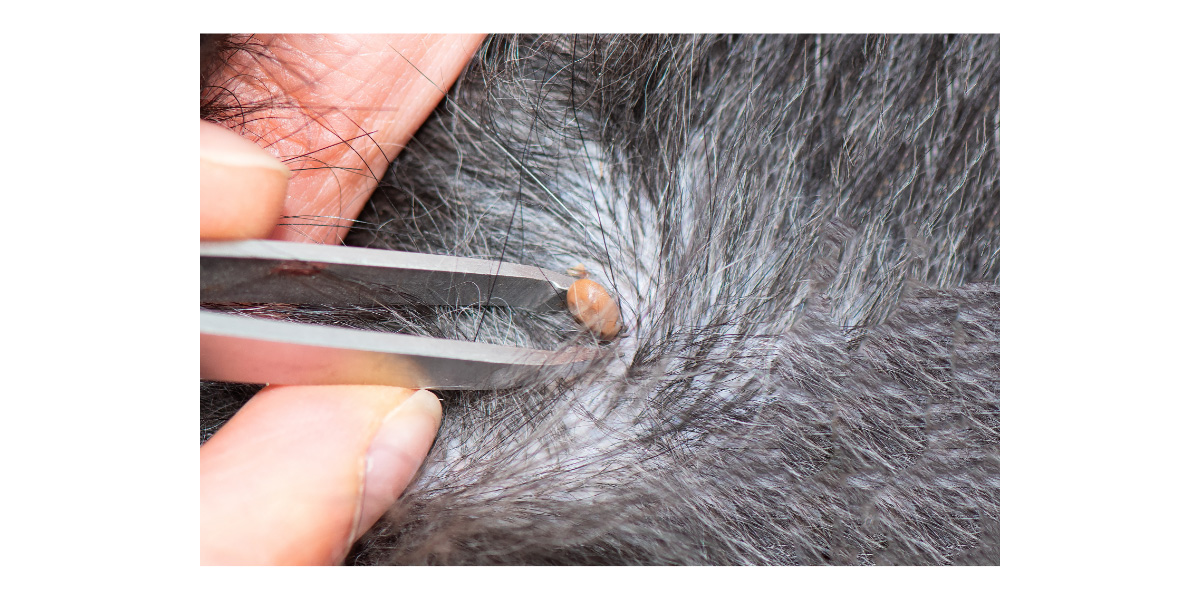Rocky Mountain Spotted Fever in Pets
Doctor of Veterinary Medicine

While efforts are made to answer all questions as quickly as possible, if an immediate answer is required or if your pet is in need of urgent or emergency care, contact your pet's veterinarian immediately.
Doctor of Veterinary Medicine

You will receive an answer from Dr. Lindsay and our vet/tech team as soon as possible, usually the same day.
All answers are provided for informational or educational purposes only, and are intended to be a supplement to, and not a substitute for, the expertise and professional judgment of your pet's veterinarian.
It may be necessary to consult your pet's veterinarian regarding the applicability of any opinions or recommendations with respect to your pet's symptoms or medical condition.
CloseDoctor of Veterinary Medicine

An error has occurred, please reload the page and try again.
CloseWhile efforts are made to answer all questions as quickly as possible, if an immediate answer is required or if your pet is in need of urgent or emergency care, contact your pet's veterinarian immediately.
There is no answer related to your question

What is Rocky Mountain spotted fever?
Rocky Mountain spotted fever is a tick-borne disease that has been seen in increasing numbers in recent years, as veterinarians are doing more and more testing for tick-borne diseases. There are several species of ticks that may be involved, but the American Dog tick is the most common one incriminated.
Depending upon your dog's immune status, some pets will develop acute signs of Rocky Mountain spotted fever, while others may develop more chronic forms of this condition. An inflammation of the blood vessels secondary to infection is believed to be the cause of most of the clinical symptoms in infected dogs.
Symptoms of Rocky Mountain spotted fever
The clinical signs of Rocky Mountain spotted fever are quite variable, but may include lethargy, loss of appetite, lameness and stiffness, swollen joints, bleeding from the mouth, anus or urinary tract, as well as bruising on the skin. Pneumonia and cardiac arrhythmias may also be seen. Many times, neurologic complications may occur.
Diagnosis of Rocky Mountain spotted fever is best made by recognizing the clinical signs, in conjunction with blood antibody testing to document recent exposure and infection. Recently, newer PCR blood tests are now available for many tick-borne diseases. Treatment of Rocky Mountain spotted fever usually involves one month of therapy with the antibiotic Doxycycline. In rare cases, pets may need cortisone to help lessen the immune response.
Treating Rocky Mountain spotted fever
Prognosis for full recovery is excellent, however occasionally pets may experience flare-ups months or years later. Because of the potential for human infection with Rocky Mountain spotted fever, it is very important to implement a good tick prevention program with products such as K9 Advantix II or Frontline Plus.
 Swipe
Swipe




































